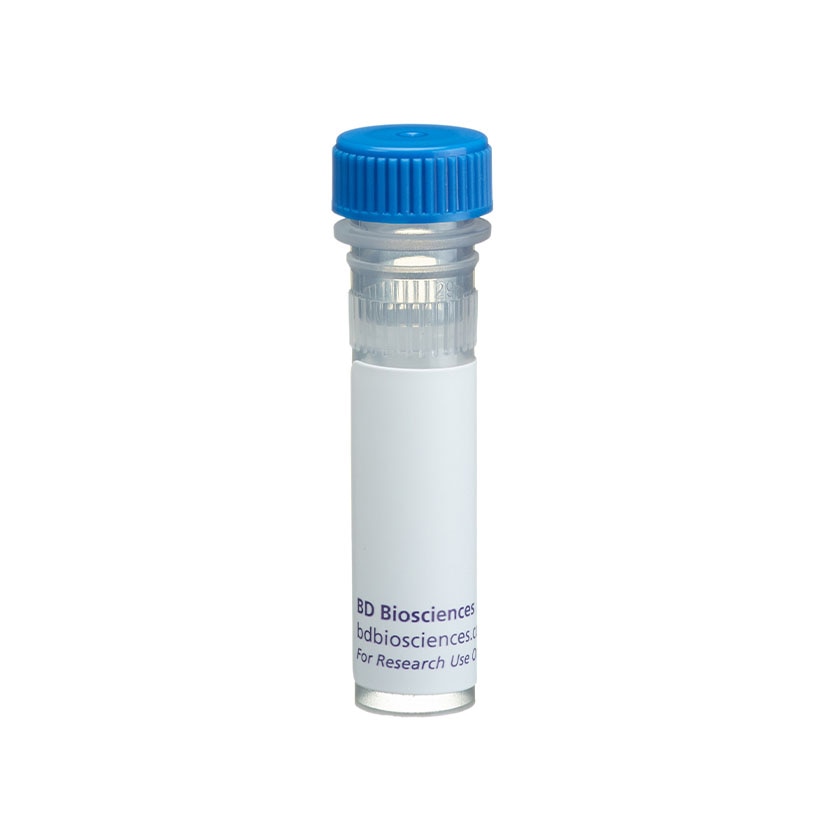Old Browser
Looks like you're visiting us from {countryName}.
Would you like to stay on the current country site or be switched to your country?





Western blot analysis of PRK1 on Jurkat lysate. Lane 1: 1:1000, lane 2: 1:2000, lane 3: 1:4000 dilution of PRK1.

MCF7


BD Transduction Laboratories™ Purified Mouse Anti-PRK1

BD Transduction Laboratories™ Purified Mouse Anti-PRK1

규제 상태 범례
Becton, Dickinson and Company의 명시적인 서면 승인 없이는 사용 하실 수 없습니다.
준비 및 보관
제품 고시
- Since applications vary, each investigator should titrate the reagent to obtain optimal results.
- Please refer to www.bdbiosciences.com/us/s/resources for technical protocols.
- Caution: Sodium azide yields highly toxic hydrazoic acid under acidic conditions. Dilute azide compounds in running water before discarding to avoid accumulation of potentially explosive deposits in plumbing.
- Source of all serum proteins is from USDA inspected abattoirs located in the United States.
Members of the Protein Kinase C (PKC) family of homologous serine/threonine protein kinases are involved in a number of processes such as cell growth, cell differentiation, and cytokine secretion. PKCs are activated by Ca2+, phospholipids, diacylglycerol, phorbol esters, and proteolysis. PRK1 (PKC-Related Kinase 1, also named PKN) was originally identified in human hippocampus as a novel protein kinase with sequence homology to PKC. PRK1 contains 942 amino acids with an apparent molecular weight of 120 kDa. Although activated by limited proteolysis, PRK1 is not activated by Ca2+/diacylglycerol or phorbol esters. However, PRK1 is activated by phospholipids and arachidonic acid. PRK1 may regulate cytoskeletal changes since it binds to Rho-GTP and becomes phosphorylated in vivo, coincidentally with the formation of focal adhesions and stress fibers.
개발 참고 자료 (5)
-
Flynn P, Mellor H, Casamassima A, Parker PJ. Rho GTPase control of protein kinase C-related protein kinase activation by 3-phosphoinositide-dependent protein kinase. J Biol Chem. 2000; 275(15):11064-11070. (Clone-specific: Western blot). 참조 보기
-
Hughes WE, Larijani B, Parker PJ. Detecting protein-phospholipid interactions. Epidermal growth factor-induced activation of phospholipase D1b in situ. J Biol Chem. 2002; 277(25):22974-22979. (Biology: Western blot). 참조 보기
-
Mukai H, Kitagawa M, Shibata H. Activation of PKN, a novel 120-kDa protein kinase with leucine zipper-like sequences, by unsaturated fatty acids and by limited proteolysis. Biochem Biophys Res Commun. 1994; 204(1):348-356. (Biology). 참조 보기
-
Mukai H, Kitagawa M, Shibata H. Activation of PKN, a novel 120-kDa protein kinase with leucine zipper-like sequences, by unsaturated fatty acids and by limited proteolysis. Biochem Biophys Res Commun. 1994; 204(1):348-356. (Biology). 참조 보기
-
Palmer RH, Ridden J, Parker PJ. Cloning and expression patterns of two members of a novel protein-kinase-C-related kinase family. Eur J Biochem. 1995; 227(1-2):344-351. (Biology). 참조 보기
Please refer to Support Documents for Quality Certificates
Global - Refer to manufacturer's instructions for use and related User Manuals and Technical data sheets before using this products as described
Comparisons, where applicable, are made against older BD Technology, manual methods or are general performance claims. Comparisons are not made against non-BD technologies, unless otherwise noted.
For Research Use Only. Not for use in diagnostic or therapeutic procedures.
Report a Site Issue
This form is intended to help us improve our website experience. For other support, please visit our Contact Us page.